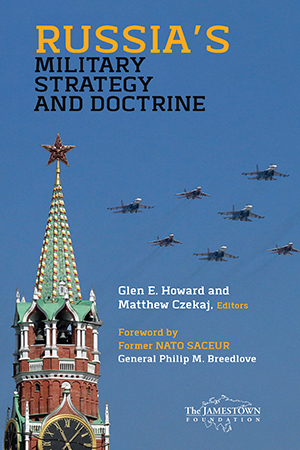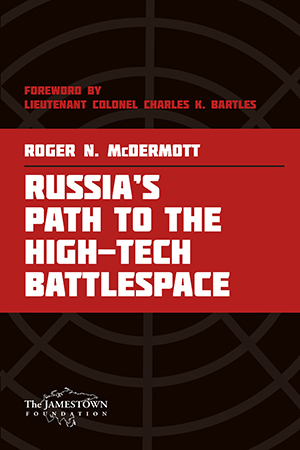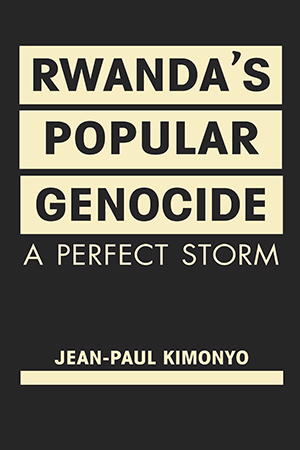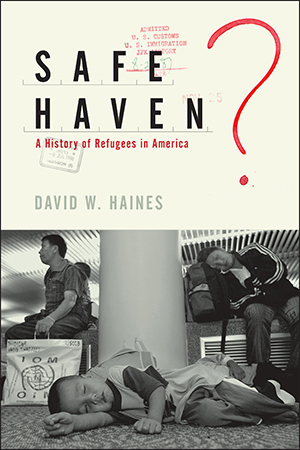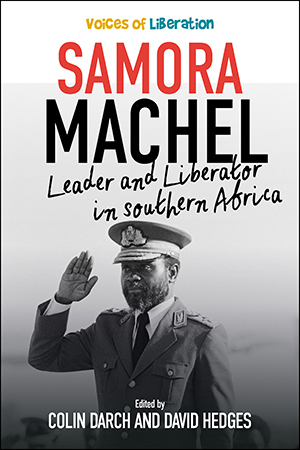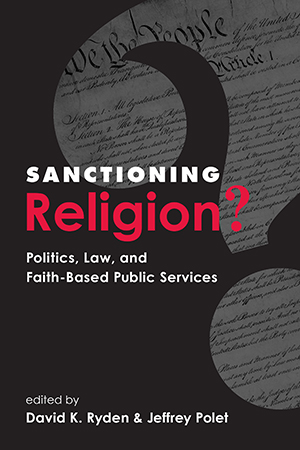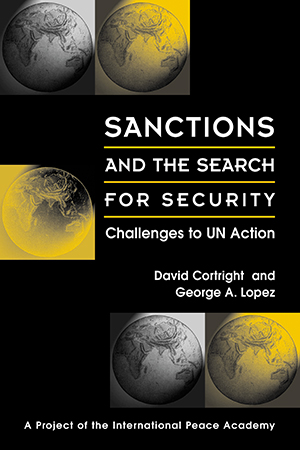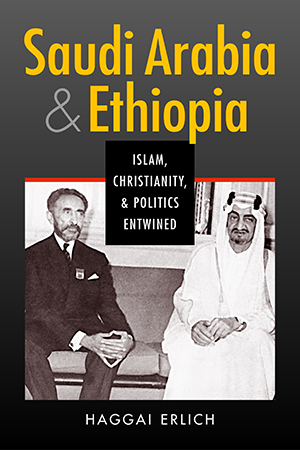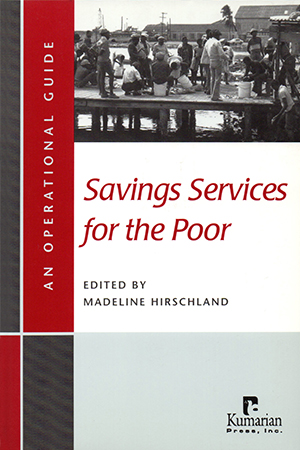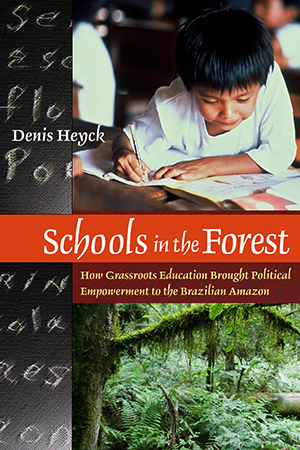BOOKS
How does Russia fight wars? How are its experiences with modern conflicts shaping the evolution of its military strategy, capabilities, and doctrine? Addressing these questions, the More >
Roger McDermott traces the origins and trajectory of Moscow's modernization of its armed forces to exploit technology and adopt new approaches to warfare. Drawing extensively on More >
Why did Rwanda's rural Hutus participate so massively, and so personally, in the country's 1994 genocide of its Tutsi population? Given all that has been written already about this More >
In his masterful study of the relationship between refugees and the United States, covering seven decades of immigration history, David Haines shows how both the refugees and their new More >
The life story of Samora Machel (1933–1986) reads like a compelling novel: humble beginnings, a rise through the ranks of the Frelimo anticolonial liberation movement, successes and More >
Does federal funding of a church's welfare-to-work program constitute government endorsement of a particular religion? Do religious organizations that accept public funds lose the legal More >
Following on the publication of The Sanctions Decade—lauded as the definitive history and accounting of United Nations sanctions in the 1990s—David Cortright and George Lopez More >
What is the significance of Islam's growing strength in Ethiopia? And what is the impetus for the Saudi financing of hundreds of new mosques and schools in the country, the establishment More >
In Savings for the Poor, Madeline Hirschland and other leaders in the microfinance field provide practical guidance for developing and managing sound savings operations for small and rural More >
Drawing on the experience of Projecto Seringueiro (Project Rubber Tapper), Denis Heyck reveals how a radical education experiment designed simply to bring literacy to rubber tappers in More >


